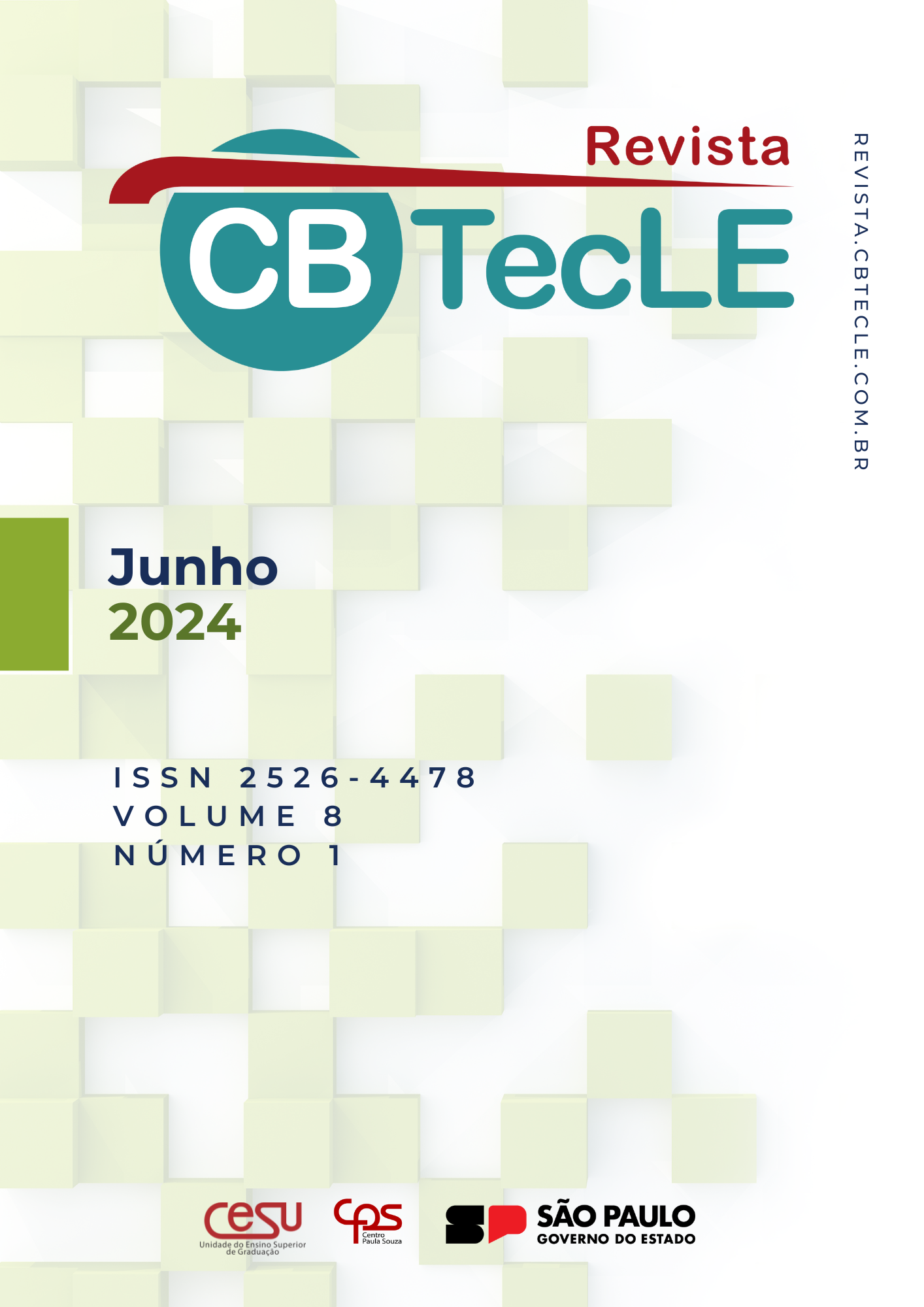English as a Lingua Franca in Public Notices for Hiring English Professors in Public Universities of Paraná
Keywords:
Inglês como língua franca, Formação de professores, Processo seletivo em universidades paranaensesAbstract
English from the perspective of English as a lingua franca (ELF) has been a topic largely discussed by language scholars in recent years, since the use of this language brings up cultural, linguistic and social issues. Consequently, this perspective meets the training of additional language teachers, as the view of English as a deterritorialized language impacts on the way it is taught and learned. This article aims to analyze the way ELF is approached by state universities in the state of Paraná in their teacher selection processes. To this end, we examined the content of the public notices for the selection of temporary professors at public universities in Paraná, in 2020. Our analysis points out that there are themes directly related to ELF, themes implicitly related to perspective and themes that are not necessarily linked to it. We believe that this work can contribute to a better understanding of the bias in the training of English teachers in the concerned institutions.
References
ALVES, P. C. R.; SIQUEIRA, S. A perspectiva do inglês como língua franca como agente de decolonialidade no Ensino de Língua Inglesa. Revista a Cor das Letras. Feira de Santana, v. 21, n. 2, p. 169-181, maio-agosto de 2020. DOI: <http://dx.doi.org/ 10.13102/cl.v2li2.5063>. Acesso em 22 de mai. 2021.
BERGER, Peter L.; LUCKMANN, Thomas. The Social Construction of Reality: A Treatise in the Sociology of Knowledge. Garden City, NY: Doubleday, 1966. No Brasil: A construção social da realidade: tratado de sociologia do conhecimento. Tradução de Floriano de Souza Fernandes. Petrópolis: Vozes, 2014.
BRASIL. Base Nacional Comum Curricular: Educação Infantil e Ensino Fundamental. Brasília: MEC/Secretaria de Educação Básica, 2017. BRASIL.
COGO, A. English as a Lingua Franca: concepts, use, and implications. ELT Journal, v. 66, n. 1, p. 97-105, 2012.
DERRIDA, Jacques. Torres de Babel. Belo Horizonte: Ed. UFMG, 2002.
DEWEY, M. English as a lingua franca and globalization: an interconnected perspective. International Journal of Applied Linguistics, v. 17, n. 3, p. 332-354, 2007.
DUBOC, A. P. M. Falando francamente: uma leitura bakhtiniana do conceito de “inglês como língua franca” no componente curricular língua inglesa da BNCC. Revista da Anpoll v. 1, n. 48, p. 10-22, Florianópolis, Jan./Jun.2019.
EL KADRI, M. S.; GIMENEZ, T. Formando professores de inglês para o contexto do inglês como língua franca. Acta Scientiarum, v. 35, n. 2, p. 125-133, 2013.
GIMENEZ, T. English as a global language and the internationalization of universities. In: BASURTOSANTOS, N.; CÁRDENAS, M. L. Investigaciones sin fronteras: temas nuevos y perdurables en lenguas extrangeras. Xalapa,Universidad Veracruzana, Dirección Editorial, 2016. p. 157-170.
GIMENEZ, T.; COGO, A.; EL KADRI, M.; CALVO, L. C. S. English as a Medium of Instruction in two state-funded Brazilian higher education institutions from an English as a lingua franca perspective: policy in practice. Research Report. British Council: UK-Brazil English Collaboration Call, p. 44-51, 2019.
JENKINS, J. English as a Lingua Franca in the International University: The politics of academic English language. Abingdon, GN: Routledge, 2013.
JENKINS, J. Repositioning English and multilingualism in English as a Lingua Franca. Englishes in Practice 2, p 49-85, 2015. Disponível em: . Acesso em 27 fev. 2021.
JORDÃO, C. M. ILA – ILF – ILE – ILG: quem dá conta? Revista Brasileira de Linguística Aplicada, v. 14, n. 1, p. 13-40, 2014. DOI: <https://doi.org/10.1590/S1984-63982014000100002>. Acesso em 27 fev. 2021.
KRESS, G.; VAN LEEUWEN, T. Reading images: the grammar of visual design. London: Routledge, 1996.
KIRKPATRICK, A. The Language(s) of HE: EMI and/or ELF and/or Multilingualism? The Asian Journal of Applied Linguistics,(1), 4–15, 2014.
KUMARAVADIVELU, B. The Postmethod Condition: Emerging Strategies for Second/Foreing Teaching. TESOL Quarterly, v. 28, n. 1, 1994. Disponível em: <http://bkumaravadivelu.com/articles%20in%20pdfs/1994%20Kumaravadivelu%20Postmethod%20Condition.pdf>. Acesso em 26 fev. 2021.
LEFFA, V. J. Aspectos políticos da formação do professor de línguas estrangeiras. In: LEFFA, Vilson J. (Org.). O professor de línguas estrangeiras; construindo a profissão. Pelotas, 2001, v. 1, p. 333-355.
LEFFA, V.J.; IRALA, V.B. O ensino de outra(s) língua(s) na contemporaneidade: questões conceituais e metodológicas. In: LEFFA, V.J.; IRALA, V.B. (Orgs.) Uma espiadinha na sala de aula: Ensinando Línguas Adicionais no Brasil. Pelotas: EDUCAT, 2014. Disponível em: <http://www.leffa.pro.br/textos/trabalhos/livro _espiadinha.pdf>. Acesso em 24 fev. 2021.
MOITA LOPES, L. P. Inglês e globalização em uma epistemologia de fronteira: ideologia linguística para tempos híbridos. D.E.L.T.A., v. 24, n. 2, p. 309-340, 2008.
ROJO, Roxane; MOURA, Eduardo. Multiletramentos na escola. São Paulo: Parábola Editorial, 2013.
SIFAKIS, N. ELF Awareness as an opportunity for change: A transformative perspective for ESOL teacher education. Journal of English as a lingua franca, v. 3, n. 2, p. 317-335, 2014.
SIQUEIRA, S. Inglês como Língua Franca Não é Zona Neutra, é Zona Transcultural de Poder: Por Uma Descolonização de Concepções, Práticas e Atitudes. Línguas e Letras, v. 19, n. 44, 2018.
WIDDOWSON, H. Object of language and the language subject: on the mediating role of Applied Linguistics. Annual Review of Applied Linguistics 20, 21–33, 2000.



